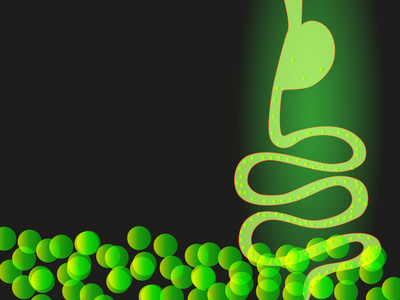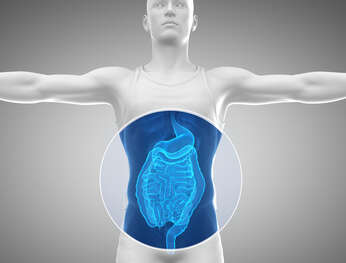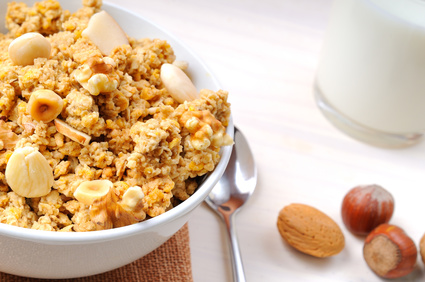The Low FODMAPs DIET for IBS Brief History The low FODMAPs diet is an elimination type diet that has become first line of dietary therapy recommended for patients suffering with IBS. This plan was developed by Australian dietitian Sue Shepherd and the researchers at Monash University in the late 1990s. Much research was done on this subject and in the…
Refractory Gastroesophageal Reflux Despite treatment with proton pump inhibitors (PPIs), some patients with gastroesophageal reflux disease (GERD) continue to have reflux symptoms or endoscopic evidence of esophagitis. Approximately 10 and 40 percent of patients with GERD fail to respond symptomatically, either partially or completely, to a standard dose PPI [1-4]. Failure of the PPI treatment to resolve GERD-related symptoms has…
By Oxford Academic. Berkeley N Limketkai, MD, PhD Siddharth Singh, MD Vipul Jairath, MD, PhD William J Sandborn, MD Parambir S Dulai, MD. Abstract Background We assessed practice patterns for monitoring mucosal inflammation after biologic initiation and the association between monitoring approaches and development of disease-related complications for Crohn’s disease (CD) and ulcerative colitis (UC). Methods This study used a…
1. HERE’S WHY YOUR DIET NEEDS TO BE A HIGH FIBER ONE! It may not sound very appetizing, however, a high fiber diet is one you should be following. Now, while there are several ‘diets’ and ‘wellness trends’ doing the rounds these days, a simple diet that’s high in fibre will do the job of keeping you healthy. Eating more…
Pay attention to your gut-brain connection – it may contribute to your anxiety and digestion problems The gut-brain connection is no joke; it can link anxiety to stomach problems and vice versa. Have you ever had a “gut-wrenching” experience? Do certain situations make you “feel nauseous”? Have you ever felt “butterflies” in your stomach? We use these expressions for a…
Though they’re not without critics, the U.S. federal dietary guidelines have for years aimed to give all Americans a blueprint for good nutrition. But new research says this kind of one-size-fits-all approach may not cut it. Different people, even identical twins (who have nearly the exact same DNA), may respond to the same foods very differently, the researchers found—complicating decades…






